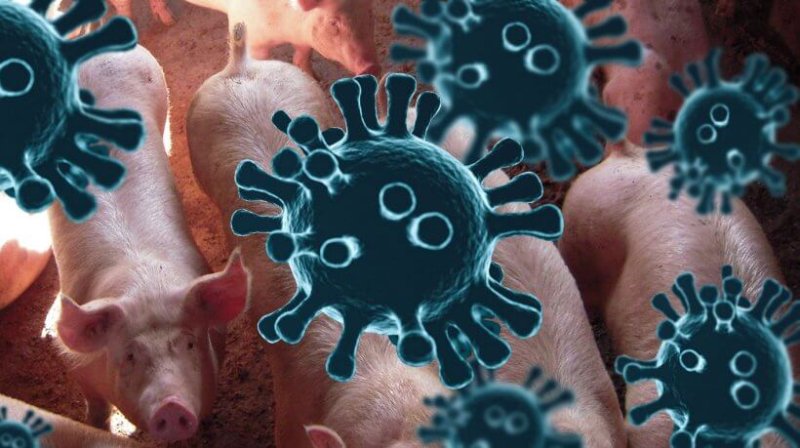[New research] identifies hundreds of animal species that may become infected with known coronaviruses, although many of these infections haven’t been observed in the wild yet.
Coronaviruses make up a large family of viruses that can infect both birds and mammals; SARS-CoV-2, the virus that causes COVID-19, is just one member of the coronavirus family. For the research, the team drew the genetic sequences of 411 coronaviruses from GenBank, a National Institutes of Health database, and screened these sequences using a computer algorithm.
…
Animals that can serve as hosts for many coronaviruses present the biggest threat; when several coronavirus strains invade the same cell, their genes can be mixed and matched as they replicate, thus generating new, patchwork viruses.
This genetic card shuffle, known as “recombination,” could be especially dangerous if SARS-CoV-2 swapped genes with another coronavirus, the authors wrote. That’s because the resulting virus could potentially be as infectious to humans as SARS-CoV-2 but could perhaps invade additional tissues or cause more severe disease.
[T]he “most prominent result for a SARS-CoV-2 recombination host is the domestic pig (Sus scrofa),” predicted to harbor 121 coronaviruses in addition to SARS-CoV-2, the authors wrote. “Given the large number of coronaviruses our framework predicts the pig can be infected with, we would suggest monitoring of pigs in ‘high-risk’ [living conditions].”































